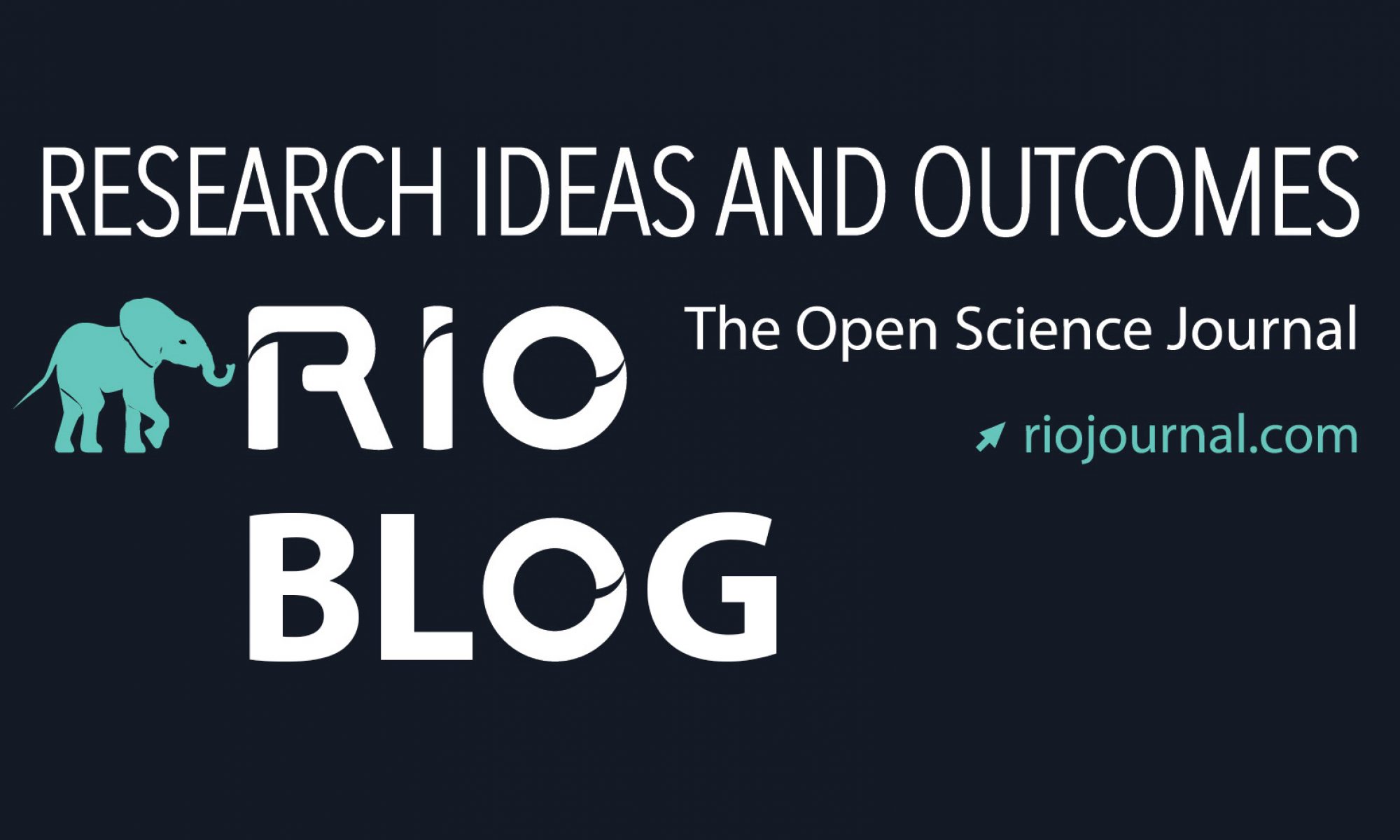Given that the most important societal needs require multidisciplinary collaboration between researchers and decision makers, a suitable environment has to be provided in the first place. A proposal, prepared by a Finnish consortium and published in the open access journal Research Ideas and Outcomes, suggests a new, open virtual work and modeling platform to support evidence-based decision making in a number of areas, while also abiding by the principles of openness, criticism and reuse.
The Finnish consortium, led by Prof. Pekka Neittaanmäki, University of Jyväskylä, and bringing together Timo Huttula and Janne Ropponen, Finnish Environment Institute, Juha Karvanen and Tero Tuovinen, University of Jyväskylä, Tom Frisk, Pirkanmaa Centre for Economic Development, Transport and the Environment, Jouni Tuomisto, National Institute for Health and Welfare, and Antti Simola, VATT Institute for Economic Research, acknowledge that, “it is not enough that experts push data to politicians.”
“There must be practices for mutual communication: experts must answer policy questions in a defendable and useful way; decision makers must more clearly explain their views using evidence; and there must be ICT tools to support this exchange,” the authors explain. “The focus is on end-users.”
Unicorn is to combine shared practices, tools, data, working environments and concerted actions in order to aggregate open information from multiple databases, and create tools for efficient policy studies.
The consortium have already developed and tested prototypes of such practices and tools in several projects, and insist that they are now ready to apply their experience and knowledge on a larger scale. They are also certain that open data and models are deservedly the “mega trend” nowadays.
“Unicorn directs this trend to paths that are the most beneficial for societal decision making by providing quick, reliable and efficient decision support,” they say.
“Significant saving of resources will be manifested with improved data collection, analyses and modeling. Also, the quality and amount of assessments that can be done to support work.”
“The major challenges related to evidence-based decision making actually are about changing the practices of researchers and decision makers,” according to the authors. Therefore, they see their project as a demonstration of the needed shifts.
Although the approach is applicable in all areas, the researchers are to initially implement them in environment, human health, and regional economy, “as they are complex and challenging enough to offer a good test bed for general development.”
Having already been submitted to the Strategic Funds of Academy of Finland in 2015, the Unicorn environment proposal has been rejected due to overambitiousness and low commercial potential. However, the authors are confident that the Unicorn environment along with its growing community of developers can, in fact, meet a great success. They are currently looking for further funding suggestions and forming new consortiums.
###
Original source:
Neittaanmäki P, Huttula T, Karvanen J, Frisk T, Tuomisto J, Simola A, Tuovinen T, Ropponen J (2016) Unicorn-Open science for assessing environmental state, human health and regional economy. Research Ideas and Outcomes 2: e9232. doi: 10.3897/rio.2.e9232

